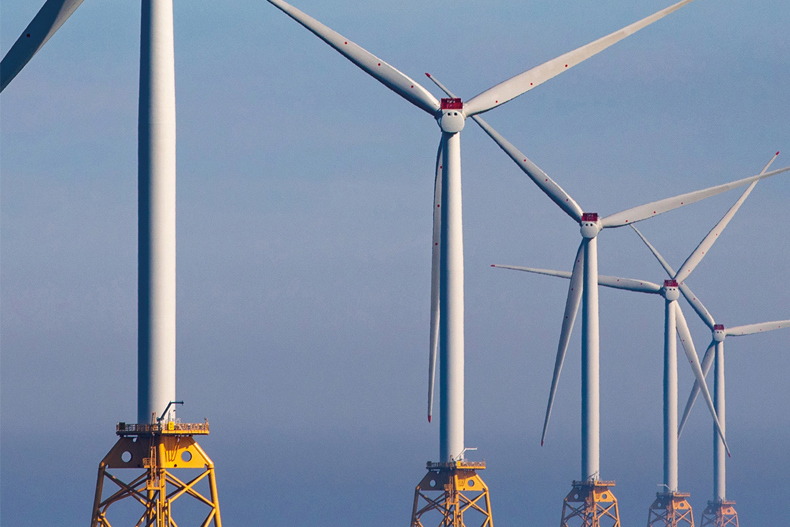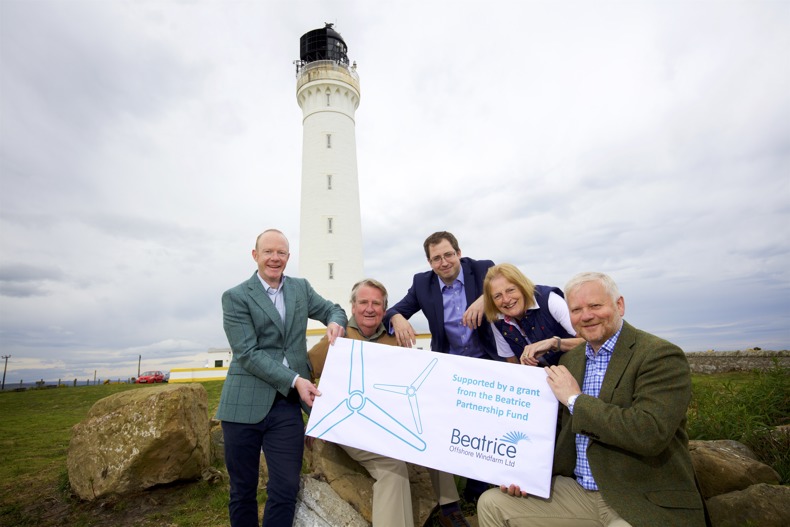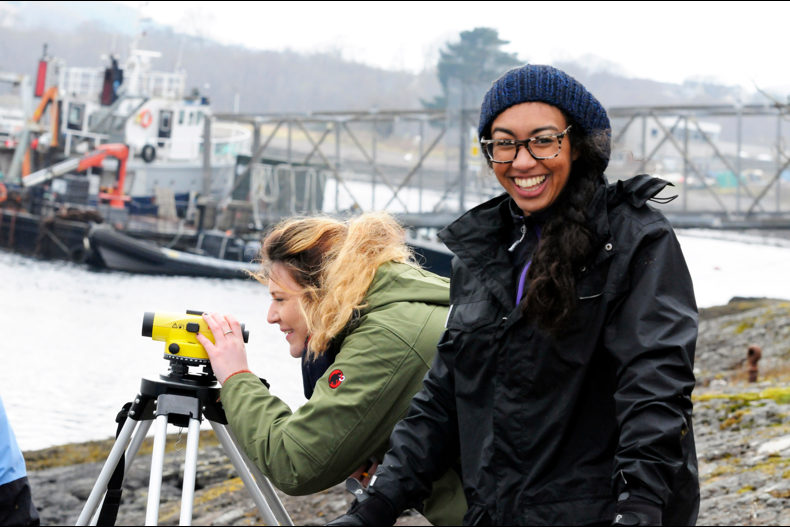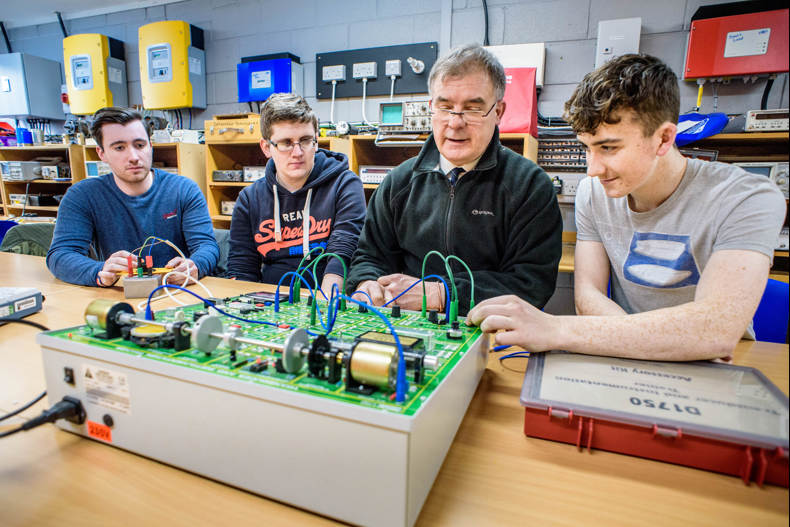Our Approach

Stakeholder Engagement
The Projects benefit from the Project Partners’ established relationships with all relevant stakeholders, including knowledge of their interests and priorities, which are the product of more than 15 years of offshore wind development in Scotland. A Stakeholder Management Plan has been developed, which identifies the stakeholders that will be consulted during the development of the Project.

Community Benefit and Investment
The Project Partners are socially responsible developers and have a strong track record in sharing the benefits with the communities in the locality of projects. They are committed to supporting the communities in which they live and work, and currently operate a leading community investment programme:
- 32 funds, which have supported over 2,500 community projects across the UK and Ireland with £37m in grants awarded since 2008.
- Direct experience administering offshore wind community benefit funds in Scotland, through Beatrice, with over £10m committed.
The Project Partners are actively considering the approach to community funding for ScotWind and will disclose more information on this in due course.
Route to market for energy production
The primary route to market will be through the UK’s CfD scheme, with support for floating offshore wind already announced by the UK Government. The Project Partners are also exploring alternative routes to market, such as Power-to-X technology where renewable power can be converted to carbon-neutral synthetic fuels such as hydrogen or ammonia. In parallel with securing key offshore consents, the Project Partners are undertaking activities to maximise success in CfD auctions and other routes to market. This will include extensive front-end engineering, procurement, and finance-related activities to support the technical and commercial optimisation and competitive position of the Projects.
Development Activities
In addition to undertaking a comprehensive feasibility study to demonstrate the robustness of the projects, the Project Partners have commenced baseline aerial surveys (ornithology and marine mammals) across the project areas. This is a key critical path activity, which along with the Project Partners unparalleled understanding of Scottish offshore wind environmental and consenting issues, will allow the projects to be rapidly developed.
The Project Partners have also secured pre-CION grid connection offers for the projects, providing additional definition to the project and accelerating this essential aspect of the project.
Skills Development

Building Scottish Professional Communities
The Project Partners are committed to supporting the communities in which they live and work.
The offshore wind industry is experiencing significant growth globally, and the Project Partners are cognisant of the impact this will have on the availability of skilled and experienced resources. As a result, they are working proactively to ensure they retain, develop, and grow their pool of talent and expertise. Recent efforts include:
- Ensuring a high inflow of new professionals into the industry through the STEM Returners Programme, graduate recruitment programmes, summer internships, and industrial placements.
- Retaining and attracting individuals with attractive workplace conditions, competitive employee benefits packages, and opportunities for career development.
- Building Scottish professional communities and competency centres such as SSER’s Centre of Engineering and Renewable Energy in Glasgow and COP’s Global Floating Offshore Wind Competence Centre in Edinburgh.
University of Highlands and Islands Partnership
The Project Partners have formed a strategic partnership with the University of Highlands and Islands to deliver targeted education, research, and employment initiatives as follows:
- STEM learning in primary and secondary schools in Scotland and promoting offshore wind as a future career of choice for young people.
- Developing the University of Highlands and Islands education offering to provide skills for the offshore wind industry, specifically:
- skills needed to develop, construct, operate and maintain floating wind projects;
- skills required to support the consenting process; and
- developing a curriculum to aid the roll-out of green hydrogen in the future. - Programmes to diversify the engineering and offshore wind workforce.
- Partnerships with Danish and Japanese universities to offer knowledge exchange and student exchange opportunities.


